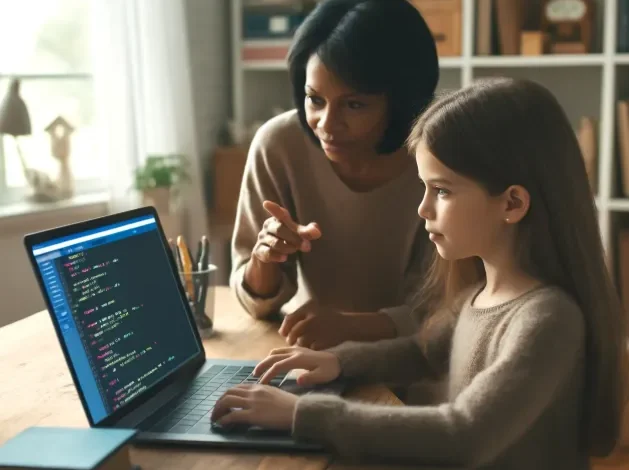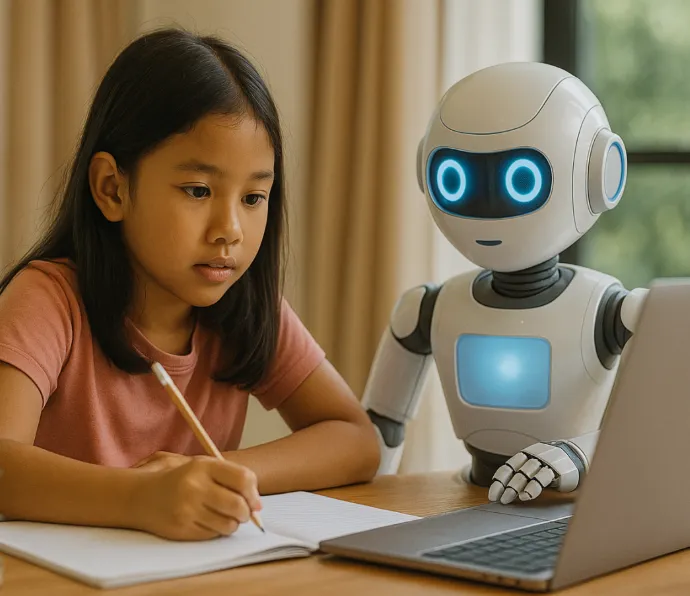A Parent’s Guide to Helping Kids Learn Coding and Build Future Opportunities

Raising children in today’s tech-driven world can feel overwhelming. With so many digital distractions, it’s not always easy to decide which skills will truly benefit them. One skill, however, is proving to be both practical and transformative: coding.
Coding isn’t only for future computer scientists. It’s a way of teaching kids how to think logically, solve problems in creative ways, and approach challenges with persistence. The best part? Parents don’t need to be programmers to guide their children along this path.
Why Coding Matters Beyond Technology
When children learn to code, they’re not simply typing commands into a computer. They’re learning how to:
- Break problems into smaller steps
- Recognize patterns and think logically
- Experiment and test creative ideas
- Build resilience by learning from mistakes
These skills extend well beyond programming and connect directly to critical thinking, innovation, and confidence—qualities that are essential for future success.
Getting Started with Coding at Home
Introducing coding doesn’t have to be intimidating. The easiest way is to make it playful and approachable. Puzzle-based coding games, storytelling platforms, and interactive challenges can spark interest while teaching the basics of sequencing and logic.
Apps designed for kids—like ScratchJr, Hopscotch, or Tynker—help children create animations, games, or stories while quietly building programming fundamentals. For older kids ready to explore text-based coding, beginner-friendly languages such as Python are an excellent next step. Its simple syntax makes it easier to learn while still being powerful enough for real-world projects.
Exploring Structured Learning Options
As curiosity grows, parents may consider more formal opportunities. Options range from online courses and after-school classes to coding bootcamps and workshops during school breaks. These programs often include mentorship, hands-on projects, and feedback, which can keep kids motivated and progressing.
Encouraging Growth Beyond the Basics
Once children begin experimenting beyond tutorials—perhaps by designing their own websites, games, or apps—it’s a sign they’re ready to take things further. At this stage, parents can encourage:
- Personal projects that allow kids to follow their interests
- Exploration of coding competitions or hackathons for teamwork and problem-solving
- Building a portfolio of projects to showcase their creativity and skills
Careers Coding Can Unlock
The professional opportunities linked to coding are vast and growing. Future jobs may include:
- Software developer
- Game designer
- Web developer
- Data analyst
- Artificial intelligence engineer
- Cybersecurity expert
- Robotics engineer
- UX/UI designer
Even fields outside of tech increasingly rely on digital literacy. From healthcare to education and marketing, understanding how technology works is becoming a universal advantage.
The Parent’s Role: Support Over Expertise
You don’t have to be an expert to help your child succeed with coding. What matters most is showing interest, asking about their projects, and encouraging exploration. By celebrating progress and providing access to resources, you create an environment where curiosity can grow into confidence and future opportunities.
Coding may start as a hobby, but with the right support, it can develop into a powerful tool that prepares kids for whatever career path they choose. And who knows—the next innovative idea might just be born at your kitchen table.







